“The Indie Film Blueprint” is a new course by the MZed educational platform, that guides you on how to launch a career in filmmaking. If you thought it’s just about getting a camera and start shooting then you might be wrong. Professional filmmaking (and yes… even done independently) is a complicated process with a lot of muddles and challenges involved, and thus, must be well planned. Luckily, Rubidium Wu which specializes in independent filmmaking, get you covered by guiding you through the entire indie filmmaking journey.
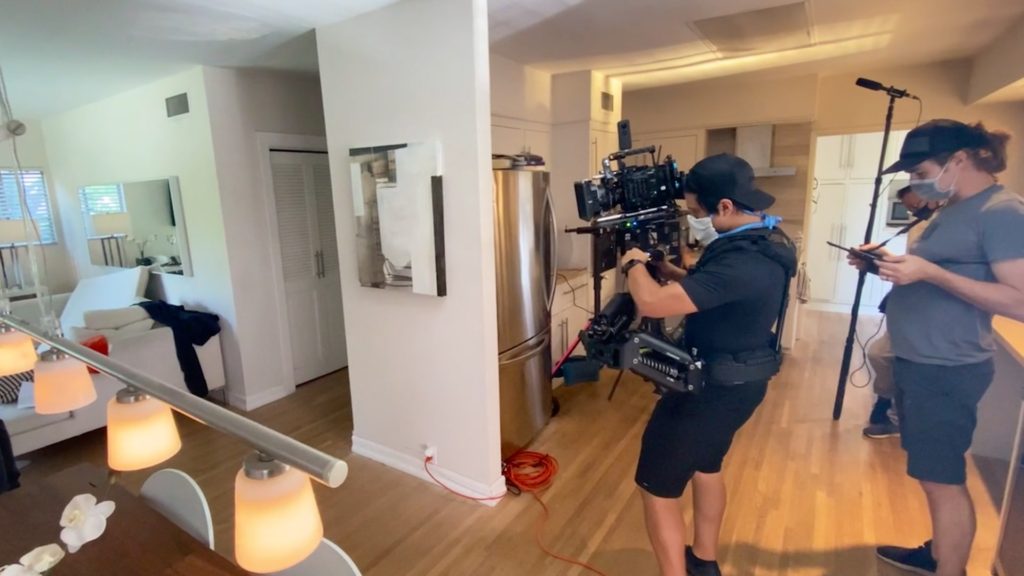
Get a camera and start shooting? Not so fast….
Nowadays, the pathway to your independent film has been extremely simplified. Everybody can make movies. Just get your camera (DSLR/ Mirrorless), push ‘Record’ and let that sensor ingest some pixel’s data. However, in the real world, or should I say, in the professional world, the reality is a bit more complex. Making your film is dealing with preps, gear, crew, licensing, music, sounds, post-production processes, and last but not least, distribution! I mean, everyone can shoot a film. But only a few can make a profit from it. In order to monetize your film, you must know the rules, the right approaches and methodologies, and much more. As an independent filmmaker, it’s not enough to be a creator, but also a businessman, a team leader, and a manager. And that’s the nuts and bolts of the MZed course “The Indie Film Blueprint”, which is conducted by experienced indie filmmaker, Rubidium Wu.
The educator: Rubidium Wu
Rubidium is a writer, director, producer, and cinematographer. He has been working as a professional filmmaker for the last 20 years, including directing commercials for Nintendo and Sony Playstation, the documentary “Portraits of Silence” and two feature films, “Brooklyn Tide” and the upcoming “Devil’s Fortune”. Now, I watched the whole course, and I can tell you that Rubidium has a lot of knowledge accumulated by the ‘hard way’ based on real-world experience. Rubidium brings you those nuts and bolds straight from the indie filmmaking battlefield. Let’s dive into the course structure.
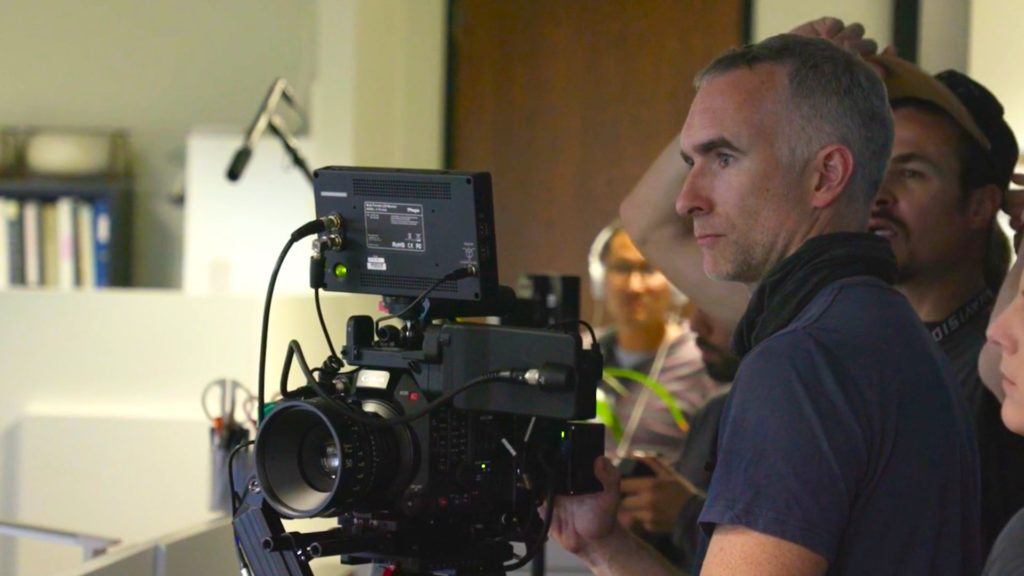
It must be noted that this is not that kind of a course that teaches you how to hold a camera and shoot, nor how to grade your images. This is a business course that focuses on the business, licensing, insurance, and more managing aspects that are an integral part of the indie-filmmaking world.
5 modules 4 hours
These are the modules and the course:
Rules of the Indie Game: Rubidium talks you through the ways to make indie filmmaking a long-term career rather than a one-time sprint. From avoiding pitfalls to learning how to embrace the daily challenges, this lesson also dives into how to develop your film ideas based on the resources you already have in your life and network.
Genre: When you’re first brainstorming a film idea, it’s important to decide on a film genre. Studios use a film’s genre to estimate the amount they expect to spend and also make from a film. However, as an indie filmmaker, there are a few genres that you’re more likely to achieve with a small budget, such as horror, and other genres that are expensive and typically better to avoid, such as Science Fiction or Action.
The Pitch: The elevator pitch of your film. Refining your film pitch is an essential piece to getting your film written, produced, and sold. Starting with your immediate network of friends and family, you can often tell how successful your film idea might be by gauging the initial reaction to your pitch.
The Screenplay: Should you write your own film script, or hire a writer? How do you go from a film idea to a treatment, beat list, and then the screenplay? How refined should your script be before you’re ready to get it made?
The Budget: In this lesson, you’ll learn the typical budget levels, such as a $10,000 film versus a $50,000 film versus a $200,000 film. Each level will give you a different amount of days to shoot, the number of locations, and the type of actors you can afford to cast, which can determine if your film has a built-in audience with some guarantee of interest from fans of the actors.
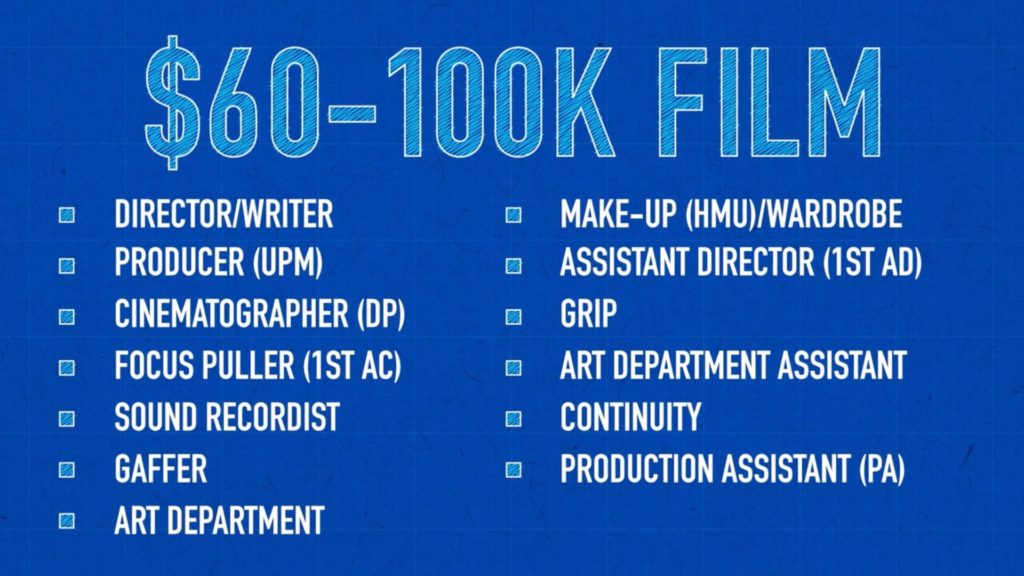
The most crucial part, which is also a big hassle, is raising money for your film. It’s like founding a startup company. The money is the fuel for your film. Without it, you will not be able to execute your project.
Raising Money: It can take a lot more time and work to finance your film than it does to actually make it. Whether you’re asking your friends and family to support your undertaking, or you’re crowdfunding online, or you’re sitting down with investors, there are a few things you can do to ensure you get the money you need to make your indie film a reality.
Assembling a Team: Once you begin your film’s production, you’ll need to line up your crew. The difference between a $10,000 film and a $100,000 film can mean a lot more crew members on set, which also adds a lot more expenses to manage that crew. For a no-budget film, you may only have a director/writer, producer, cinematographer, focus puller or assistant camera, and a sound recorder. As you increase your budget, you may add more a gaffer and grip, hair and makeup, art director, script supervisor, assistant director, executive producers, and other roles both on set and off.
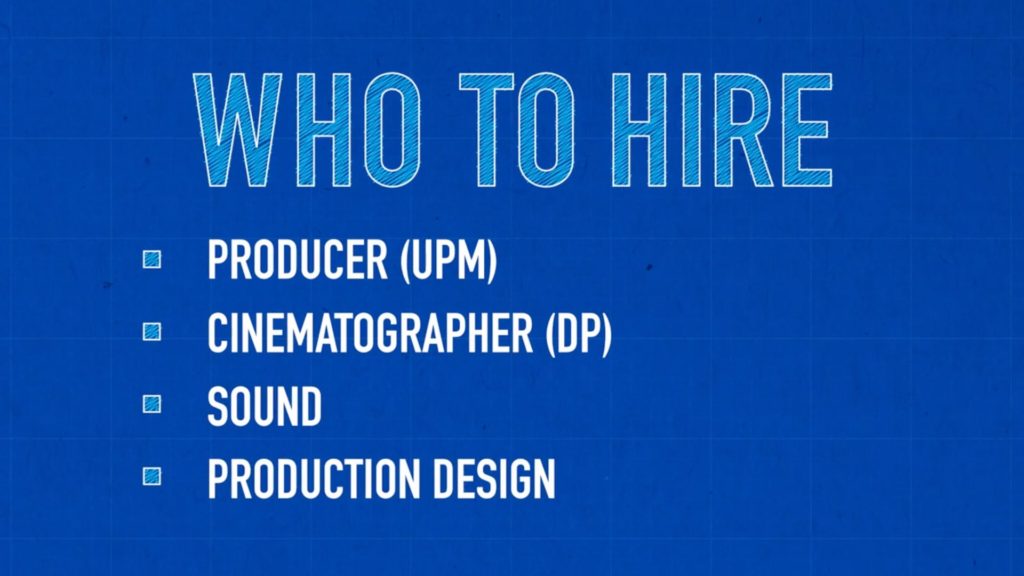
Legal & Insurance: Rubidium walks you through all the required insurances for a film, including Errors & Omissions (E&O), general liability, vehicle, and workers compensation insurance. You can often lower the total cost and hassle of both insurances as well as payroll by hiring co-production companies who specialize in being the employer of record for independent productions.
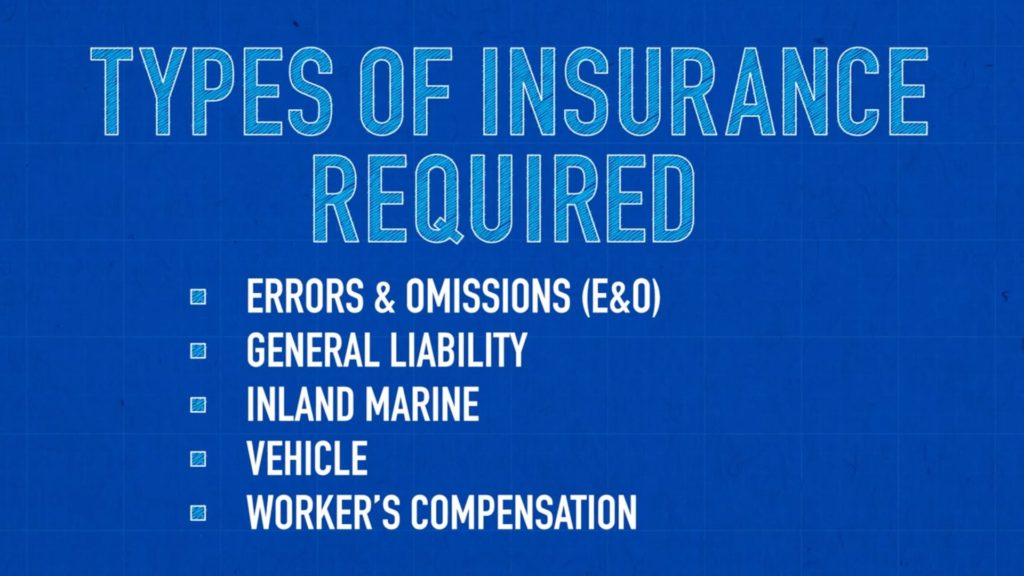
Casting: Learn how to cast professionally and efficiently with a rented space, auditions, callbacks, table reads, rejection calls, and more. You’ll also learn what to do when an investor would like a friend or family member to be cast in your film.
Locations & Schedule: Shooting locations can be found through online searches such as Peerspace or Gigster, and standing sets that are already for shooting can be a lifesaver for your schedule. But scouting locations with your crew, arranging the shooting schedule to be as efficient as possible, and limiting location changes throughout the day can be the difference between smooth film production and an unprofessional nightmare for the cast and crew.
Pre-Production: Scouting a location with your crew leads is an essential step to bonding creatively with everyone who will help your set locations look and sound the best they can. Most importantly, actor rehearsals give you the final chance to get over any barriers before you start shooting and lock in your picture.
Gear & Transport: In this lesson, Rubidium walks you through all the best practices for dealing with gear during a film shoot. So the camera, lenses, lighting, locations, art direction, talent, makeup, and the film grade all contribute equally to the look of a film. Some filmmakers might be tempted to rent an unfamiliar camera for their film shoot, like going up to a RED or an ALEXA, but it’s better to use the gear you’re already comfortable with. And when it comes to renting gear, a good rental house will give you a great discount, you’ll be able to get all your gear from one location.
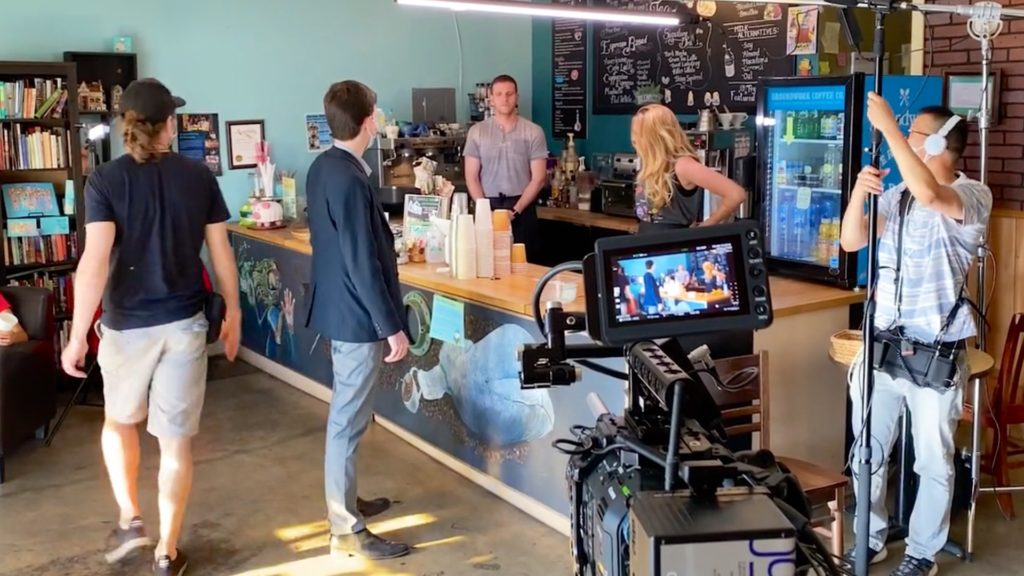
The Shoot: Finally we get to the shooting stage of your indie film. In this lesson you’ll learn some technical recommendations about shot variety and cutaways, using one versus multiple cameras, and production expenditures. But more importantly, you’ll learn how to direct actors and provide criticisms that help rather than hinder their performance, how to set aside your normal life so you can dedicate yourself fully to the shoot, and how to set the right attitude on set.
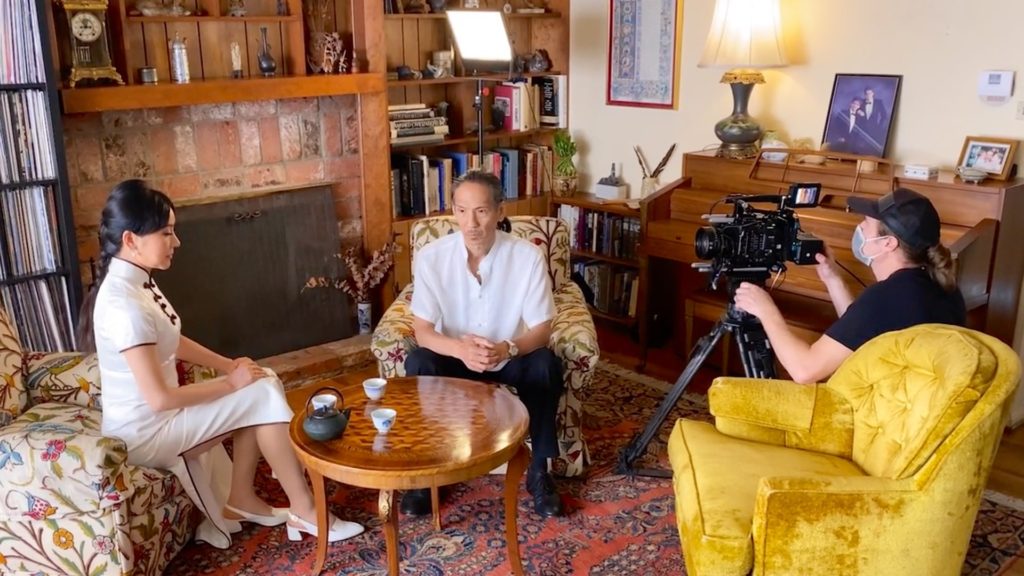
Making a film is not just about art. The trick is to make money from it. Or in other words, distribute it!
Post-Production: The average 90-minute feature film takes roughly six to 12 months of man-hours if you go at it alone. But in this lesson, you’ll learn about other options and typical processes for editing a film, including hiring a post house to walk you through every stage of the edit, sound design, and mix, to music composition and delivery. You’ll also learn the stages of an edit from rough assembly to picture lock, and when it’s appropriate to bring back the actors for ADR or Additional Dialogue Replacement.
Distribution: In the final lesson of the course, Rubidium walks you through the opportunities you have to sell your film. Where film festivals have been the primary method of showcasing independent films to distributors, nowadays streaming platforms like Netflix and Amazon Prime are buying films directly from filmmakers. But how do you get your film in front of distributors? What are the benefits of a commission-based sales agent? And how do global regions work? Take notes here because this lesson will be all about how you make your indie filmmaking journey worthwhile – and sustainable – so you can recoup costs, pay your investors, and go on to make more films.
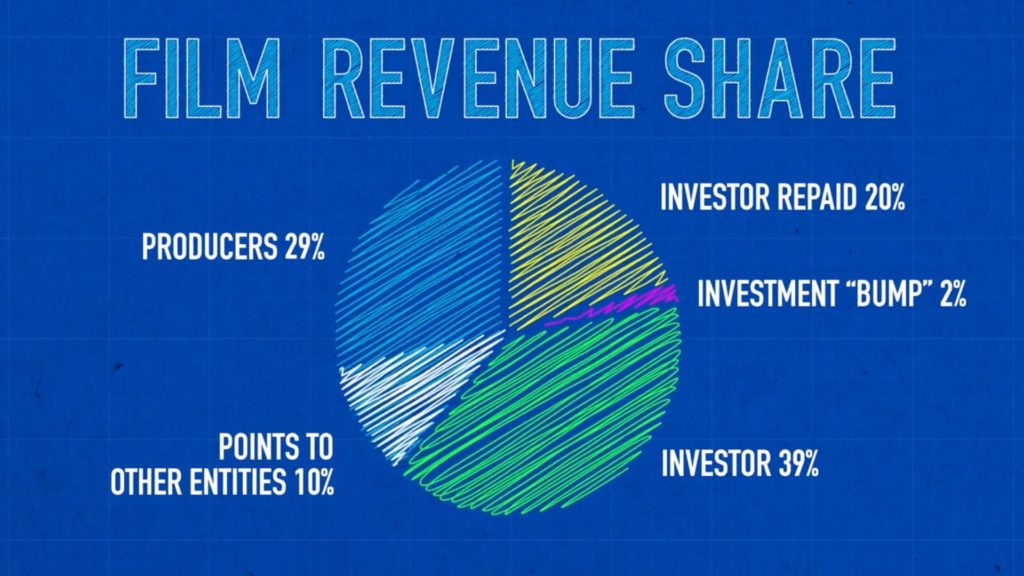
Thoughts
Note that only one module is related to Principal Photography, and that’s a good thing. Why? Because making a film it’s far from just shooting it. The process involved includes many business decisions, preparation, and managing people. In my opinion, the most crucial part, which is also a big hassle, is raising money for your film. It’s like founding a startup company. The money is the fuel for your film. Without it, you will not be able to execute your project. Thus, investors will not invest when they notice an amateur approach. Rubidium wants you to remember that, by granting you the tools and knowledge to sharpen your business capabilities, which are an integral part of the filmmaking process.
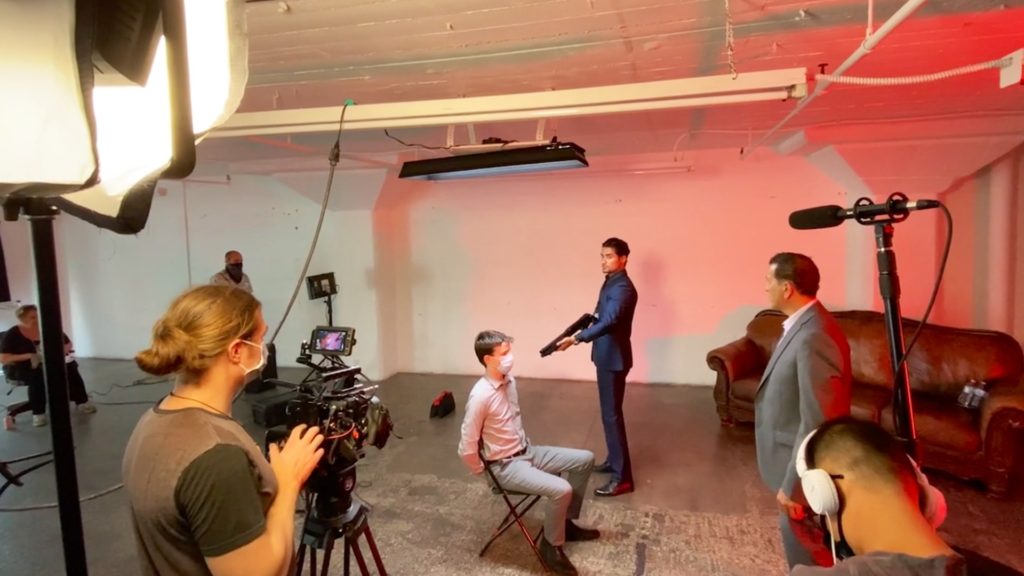
Monetizing your indie film
We’re all artists. Thus, most probably almost every artistic decision regarding the process of filmmaking can be solved pretty easily. Lighting, camera setup, sounds, and post are our territories. We know the rules of engagement. However, making a film is not just about art. The trick is to make money from it. Or in other words, distribute it!. In The Indie Film Blueprint course, there’s is a whole section dedicated to distribution. Why is it so important? Because nowadays, streaming platforms like Netflix and Amazon Prime can buy films directly from filmmakers. However, in order to sell your film, you need to verify that your product (=your film) will be professionally polished so it can fit the streamers’ standards. Actually, you should think about monetization from day-1. This is not the last piece of the puzzle, but the first one, and this concept is being further emphasized by Rubidium.
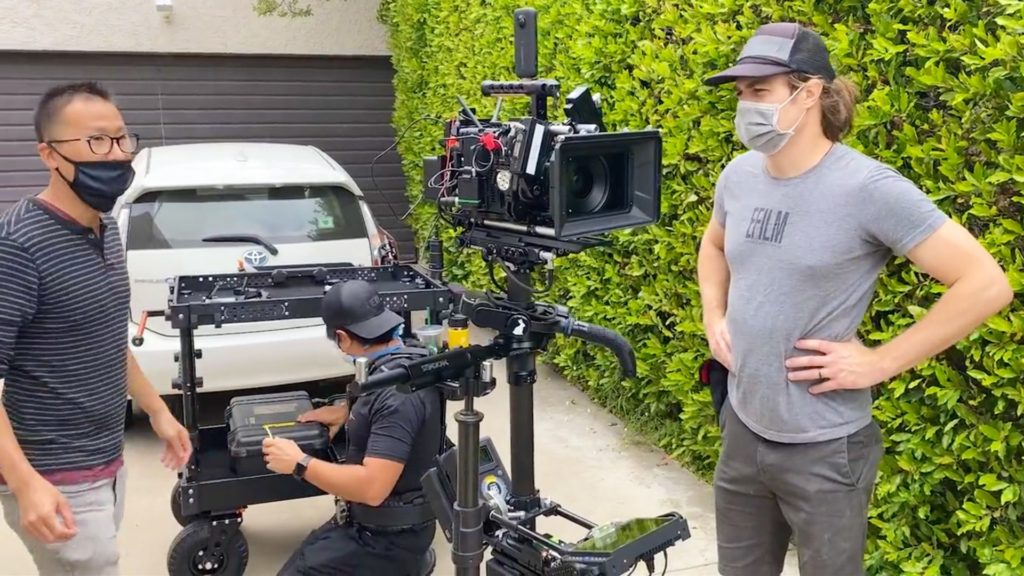
Price
You can purchase this course alone for $200. But the best deal is to join MZed Pro and get access to 39 courses including this, for $349.
Click here for the course page.
Should you take the course?
Yes, you should. If you are considering pursuing a career as an independent filmmaker, the course definitely grants you the basic essentials. It must be noted that this is not that kind of a course that teaches you how to hold a camera and shoot, nor how to grade your images. This is a business course that focuses on the business, licensing, insurance, and more managing aspects that are an integral part of the indie-filmmaking world. Also, it’s important to mention that all modules are frontal lectures. There are no demonstrations in the field, but just lectures. However, those lectures contain solid and valid pieces of information that you should be familiar with, in order to lay the groundwork for your filmmaking career.

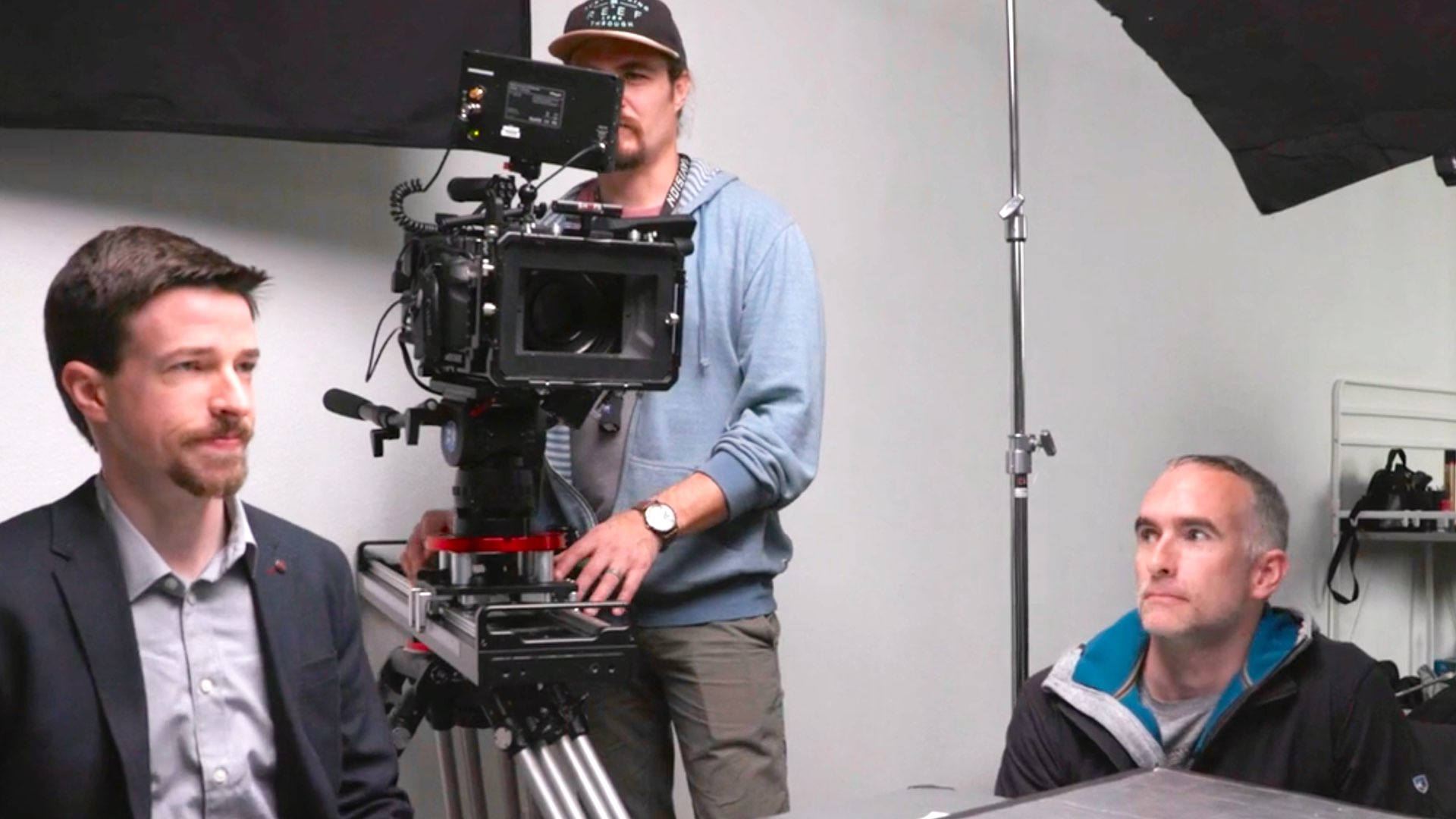
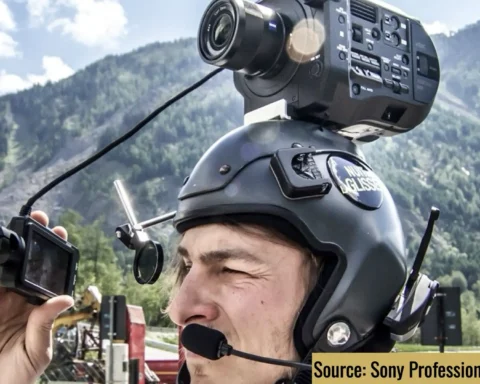



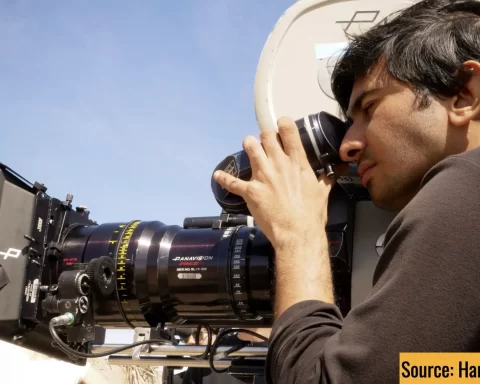
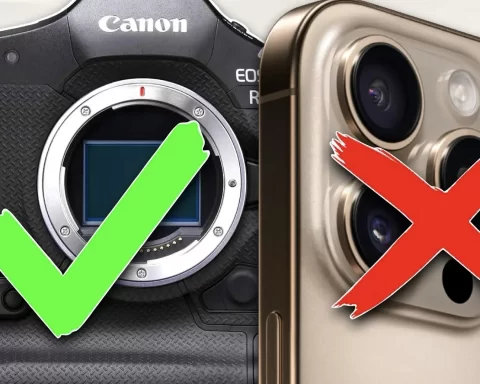
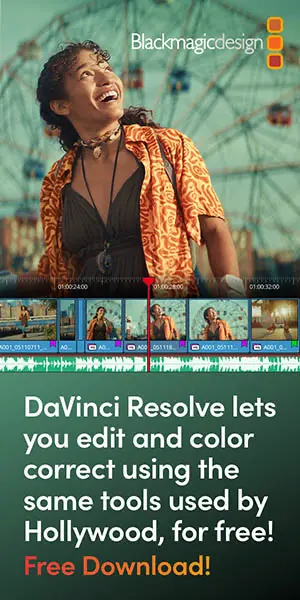
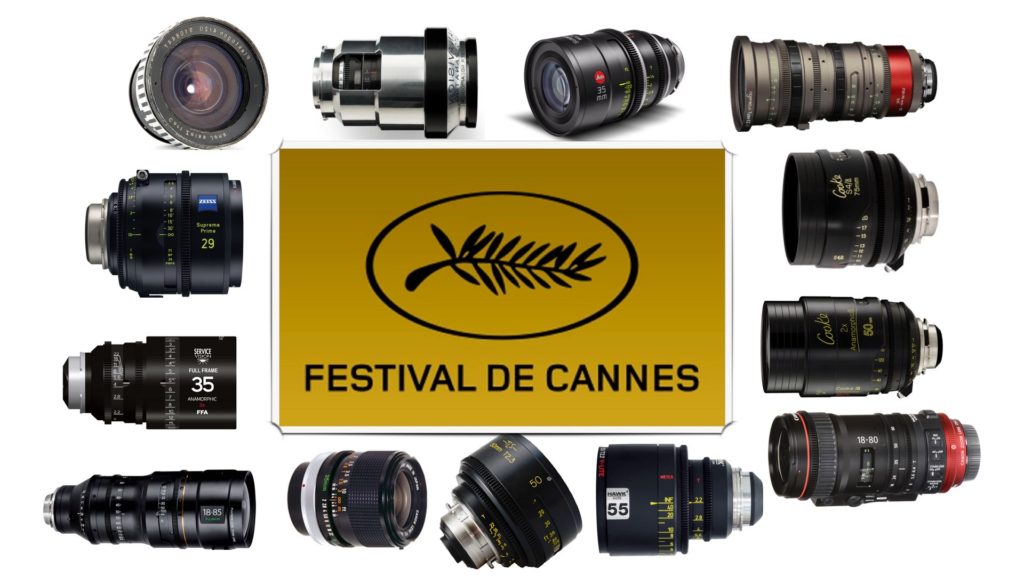
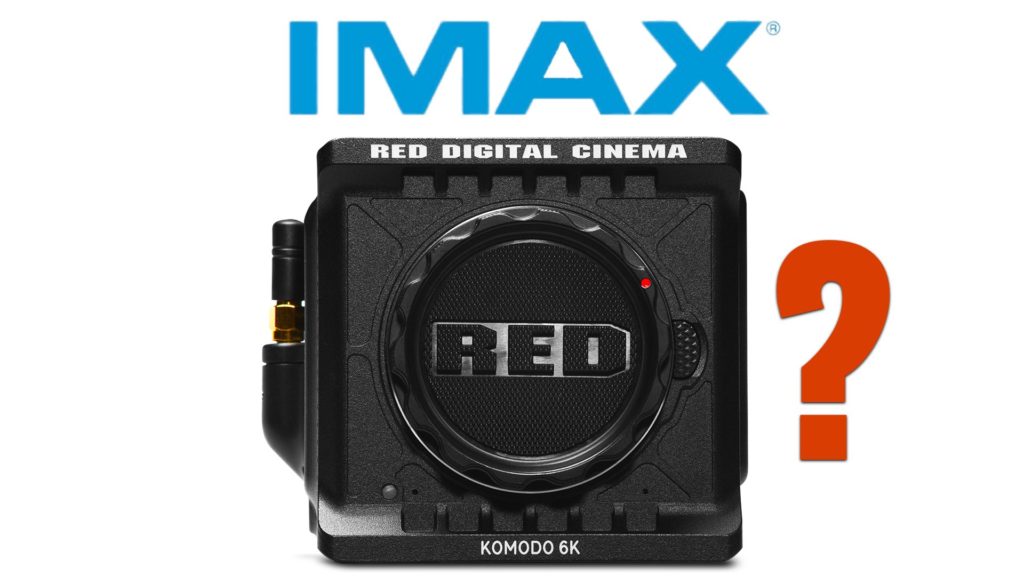
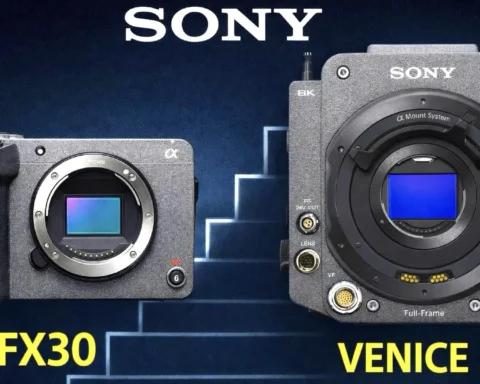
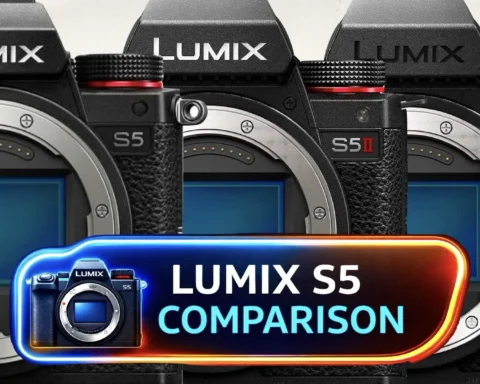
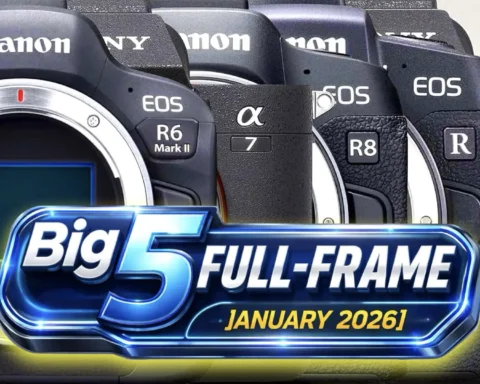

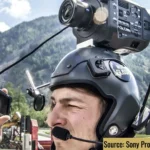
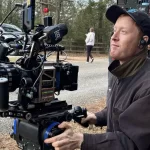
Thanks for the in depth review, Yossy! I’m glad you dig it.
It’s a pleasure. Great course!